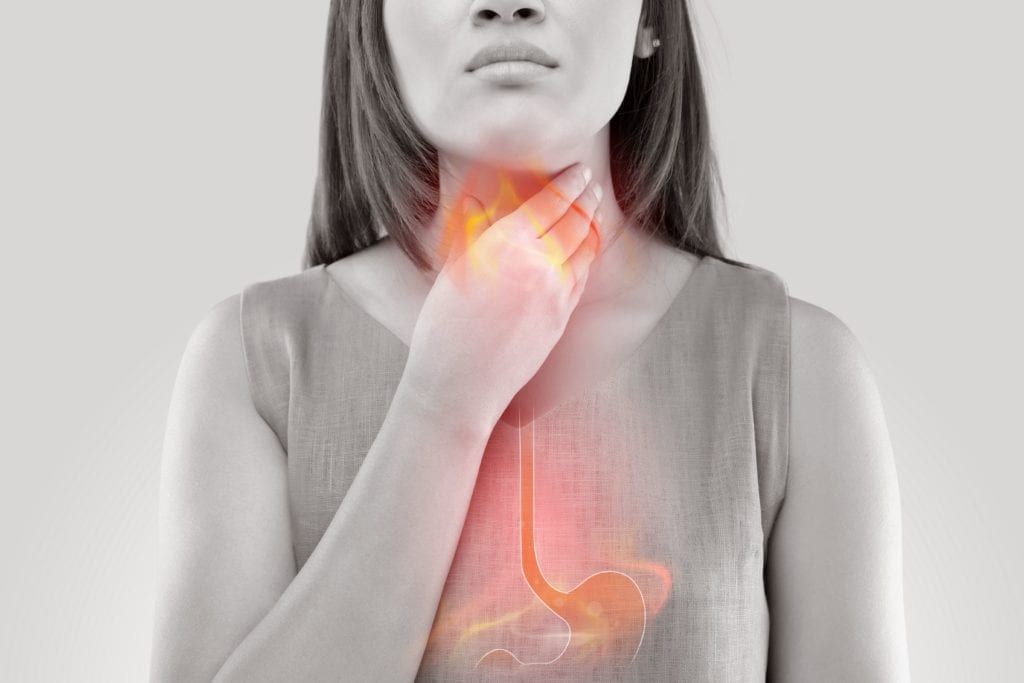You are likely familiar with, or at least have heard the terms tooth decay and gum disease. But, are you familiar with dental erosion? While tooth decay and gum disease are the most common oral health concerns, dental erosion is another thing to be concerned about.
In order to understand what dental erosion is, we must first look into the basic tooth structure. Your tooth is composed of three layers: the outer enamel, the middle dentin, and the inner dental pulp. Of these three layers, the enamel layer is by far the strongest layer and is used to protect the two underlying layers. In fact, tooth enamel is actually the strongest substance in the human body.
This is because of its molecular composition. Tooth enamel is made up of hydroxyapatite, which is the scientific term for calcium phosphate. Furthermore, both the calcium and phosphorus molecules contained in hydroxyapatite are arranged in a crystallized pattern, which further adds to enamel’s strength.
However, because tooth enamel is composed primarily of minerals, this also means that it can demineralize. The most common cause of enamel demineralization is acidic waste products produced by bacteria in the mouth. This is more commonly known simply as tooth decay.
Unfortunately, this is not the only thing that causes enamel to be lost. When tooth enamel is lost for reasons other than bacteria, this is known as dental erosion. Tooth sensitivity, discoloration, indentations on the teeth, and teeth that damage easily are all potential symptoms of dental erosion. However, dental erosion does not always cause symptoms, especially in the early stages. Dental erosion can be the result of various things, such as:
Diet

What you eat and drink on a daily basis affects your overall oral health, as well as the condition of your enamel. Sugary and starchy foods can cause tooth decay by feeding bacteria, while acidic foods and beverages can cause enamel erosion due to their acid concentration. Citrus fruits and juices, apples, rhubarb, and sodas with citric or phosphoric acid can all potentially damage the enamel if consumed in excess amounts.
Dry Mouth
Saliva plays many important roles in the mouth. One role is to manage the amount of acid content so that the concentration does not get too high. However, when there is a lack of saliva due to medical conditions or certain medications, the acid concentration in the mouth can increase. This means that people with dry mouth are more likely to have their enamel eroded as the result of excess acid content in the mouth.
Bruxism
Teeth grinding or clenching can also be responsible for the erosion of enamel. Both behaviors place additional strain on the tooth enamel that will eventually cause it to break down. As the enamel breaks down, the teeth may even change in shape and color since the enamel will thin and expose the underlying dentin layer.
Stomach Acid

Stomach acid is an important part of our digestive system, however it can cause numerous problems when it does not remain within the stomach. Acid reflux disorders or medical conditions that cause frequent vomiting can both increase the amount of acid in the mouth. The constant exposure to this acid unfortunately erodes the enamel.
As you can see, dental erosion is something that you should be concerned about. Although it may not be as common as tooth decay and gum disease, it is still a relatively common oral health concern that can negatively impact the condition and function of your teeth. Dental erosion is most commonly caused by dry mouth, stomach acid, diet, and bruxism, so you will want to discuss these things with your dentist to reduce your risk of developing severe dental erosion.

